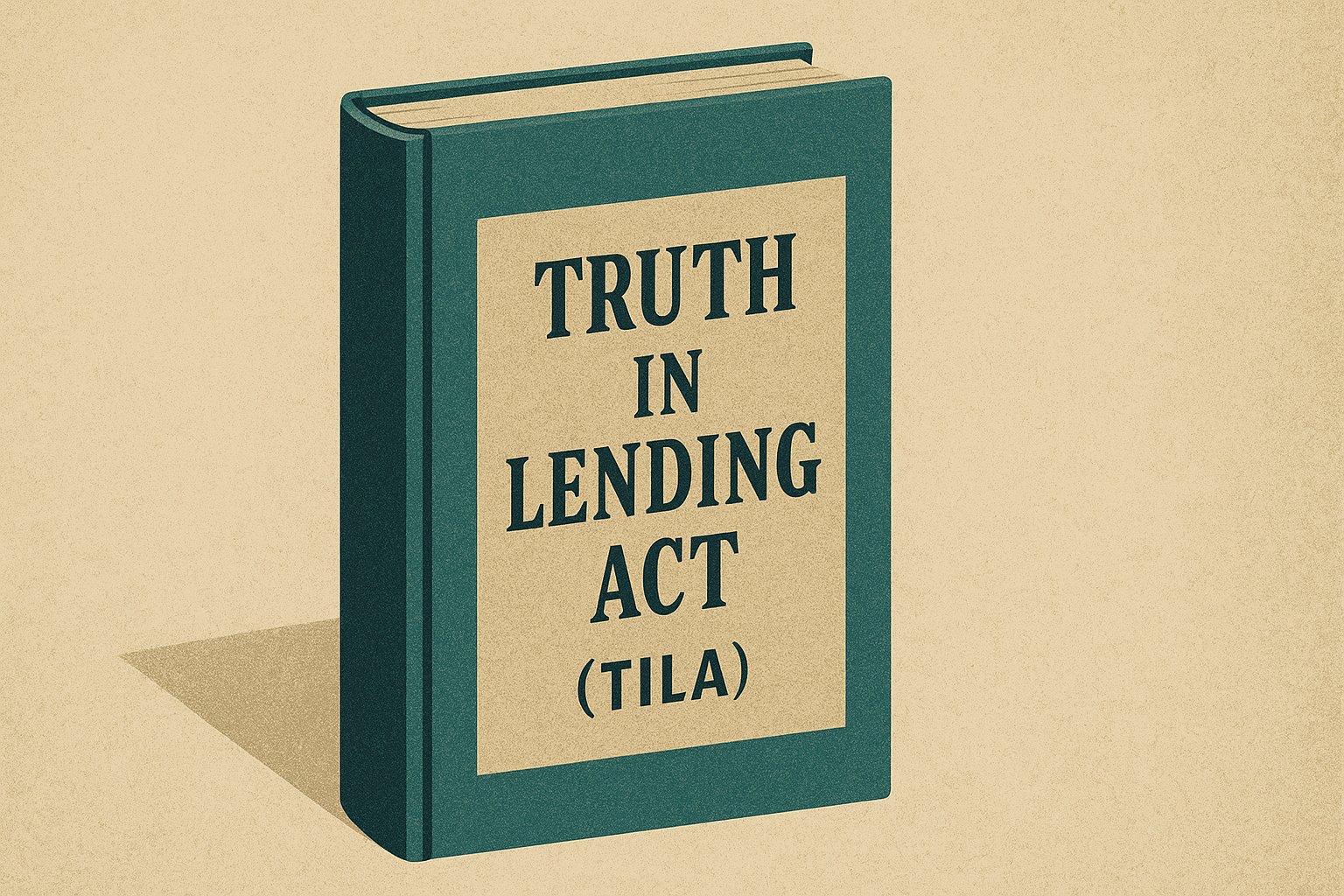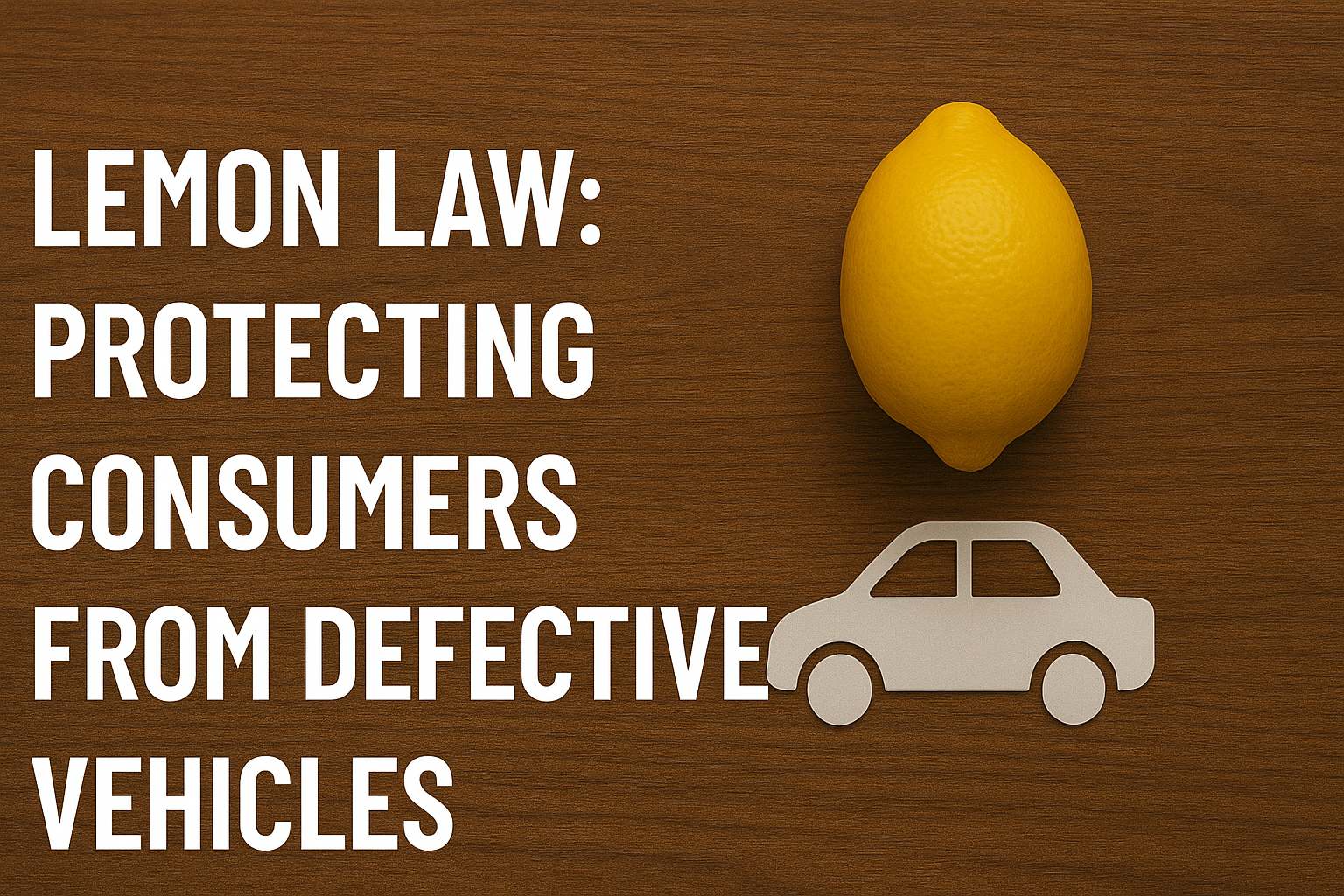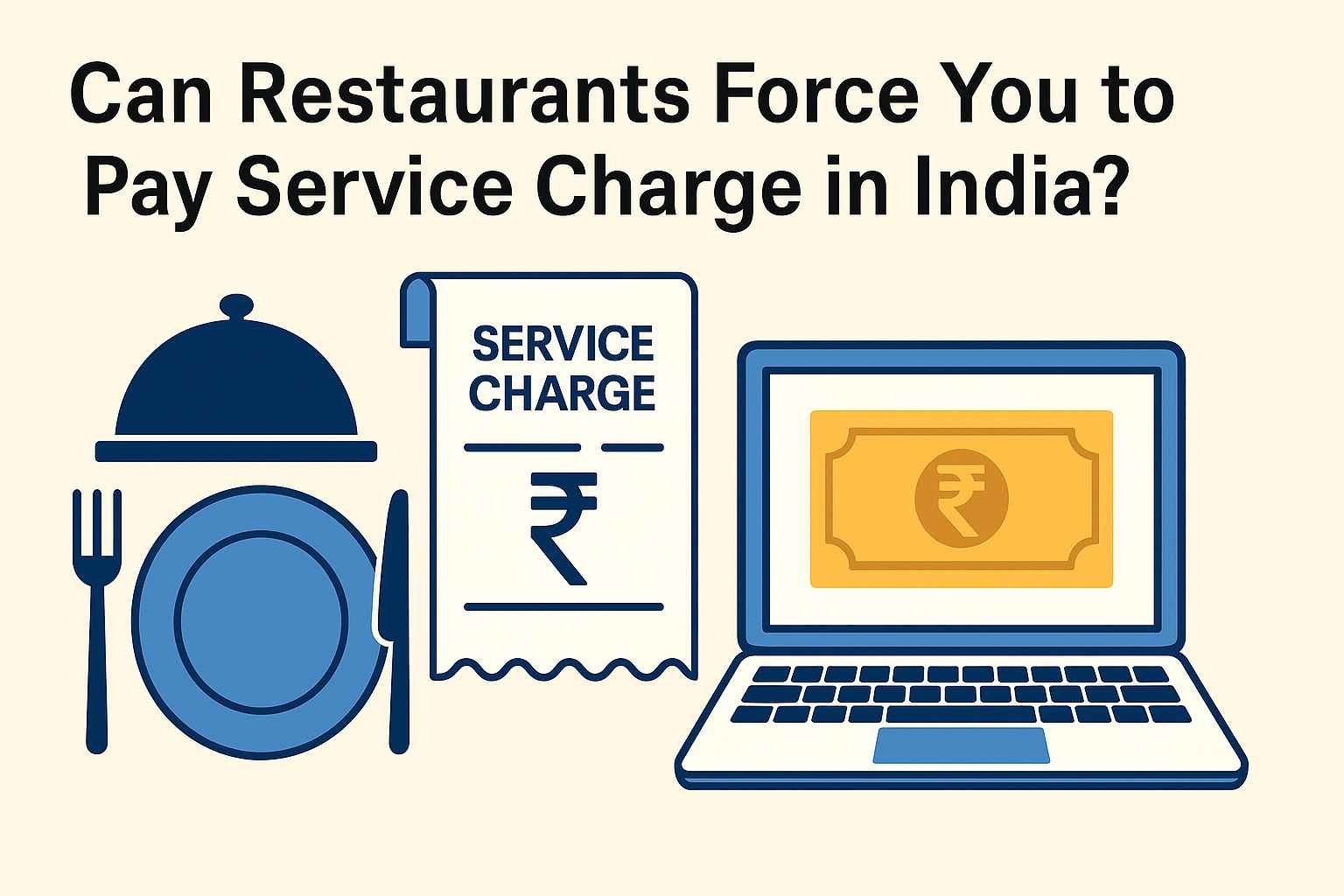On this page you will read detailed information about Truth in Lending Act.
As a consumer, you have the right to make informed decisions about credit and loans. The Truth in Lending Act (TILA) exists to protect that right. Enacted in 1968, this federal law requires lenders to provide clear, accurate information about the terms and costs associated with consumer credit transactions. Whether you’re applying for a mortgage, credit card, or personal loan, understanding TILA is crucial for navigating the complex world of consumer finance. In this article, you’ll learn about the key provisions of TILA, how it affects your borrowing experiences, and why it remains a cornerstone of consumer protection in the United States financial system.
What is the Truth in Lending Act (TILA)?
The Truth in Lending Act (TILA) is a pivotal federal law enacted in 1968 to safeguard consumers in their financial dealings. This legislation aims to promote transparency and fairness in lending practices, empowering borrowers to make informed decisions about credit products.
Key Provisions and Protections
TILA mandates that lenders provide clear, standardized disclosures about the terms and costs of credit. According to the Office of the Comptroller of the Currency, this includes crucial information such as the annual percentage rate (APR), finance charges, and payment schedules. By standardizing these disclosures, TILA enables consumers to easily compare different credit offers and understand the true cost of borrowing.
One of the most significant protections offered by TILA is the right of rescission. This provision allows consumers to cancel certain types of loans within three business days without penalty, providing a safeguard against high-pressure sales tactics and hasty decisions.
Scope and Impact
TILA’s reach extends to various credit transactions, including mortgages, auto loans, credit cards, and other consumer loans. The law prohibits unfair lending practices, such as steering consumers towards less favorable loan options for the lender’s benefit.
By promoting transparency and fairness, TILA not only protects consumers but also fosters healthy competition among financial institutions. This comprehensive approach to consumer protection has made the Truth in Lending Act a cornerstone of financial regulation in the United States.
Key Provisions of the Truth in Lending Act
The Truth in Lending Act (TILA) is a cornerstone of consumer protection in the financial sector. Enacted in 1968, this federal law aims to safeguard consumers in their dealings with lenders and creditors. Let’s explore some of its key provisions:
Mandatory Disclosure of Credit Terms
TILA requires lenders to provide clear and standardized information about credit products. This includes disclosing the annual percentage rate (APR), finance charges, amount financed, and total payments for a loan. By mandating transparency, TILA empowers consumers to make informed decisions when shopping for credit.
Right of Rescission
One of TILA’s most significant protections is the right of rescission. This provision gives consumers a three-day window to reconsider and cancel certain types of loans without financial penalty. This safeguard is particularly valuable in protecting consumers from high-pressure sales tactics.
Limitations on Creditor Practices
TILA also prohibits lenders from engaging in unfair or deceptive practices. For instance, it prevents lenders from steering consumers towards less favorable loan options for higher compensation. Additionally, the Act limits consumer liability for unauthorized credit card charges, offering further protection against fraudulent activities.
By implementing these provisions, the Truth in Lending Act ensures a fairer, more transparent lending landscape for consumers across various credit products.
Disclosures Required Under TILA
The Truth in Lending Act (TILA) mandates that lenders provide borrowers with clear, standardized information about the terms and costs of their loans. This transparency empowers consumers to make informed decisions when shopping for credit.
Key Disclosure Requirements
Under TILA, lenders must provide a Truth-in-Lending Disclosure Statement for most consumer credit transactions. This document outlines crucial details including:
- The annual percentage rate (APR)
- Finance charges
- Amount financed
- Total payments over the life of the loan
According to the Consumer Financial Protection Bureau, borrowers seeking reverse mortgages, home equity lines of credit (HELOCs), or certain other specialized loans will receive these TILA disclosures.
Timing of Disclosures
TILA requires that these disclosures be provided at specific times:
- Before consummation of the loan
- At loan closing
- In some cases, on periodic billing statements
This ensures consumers have ample opportunity to review and understand the terms before committing to the loan.
Right of Rescission
A key protection under TILA is the “right of rescission,” which gives consumers a 3-day cooling-off period to cancel certain home loans without penalty. This safeguard allows borrowers time to reconsider their decision after reviewing the final loan terms.
By mandating these comprehensive disclosures, TILA aims to protect consumers from unfair lending practices and promote transparency in the credit market.
Protections for Consumers Under TILA
The Truth in Lending Act (TILA) offers robust safeguards to protect consumers in their financial dealings. This landmark legislation ensures transparency and fairness in credit transactions, empowering borrowers with crucial information to make informed decisions.
Disclosure Requirements
TILA mandates that lenders provide clear and conspicuous disclosures about the terms and costs of credit. According to the Federal Trade Commission, creditors must disclose key information such as the annual percentage rate (APR), finance charges, and the total amount financed. These disclosures enable consumers to compare different loan options effectively and understand the true cost of borrowing.
Right of Rescission
One of the most powerful protections under TILA is the right of rescission. This provision allows consumers a three-day “cooling-off” period to reconsider and cancel certain types of loans without penalty. This safeguard is particularly valuable in protecting borrowers from high-pressure sales tactics and hasty decisions.
Protection Against Unfair Practices
The Truth in Lending Act prohibits certain unfair practices in lending. For instance, it prevents loan officers from steering consumers towards loans that may provide higher compensation for the lender but are not in the consumer’s best interest. This ensures that borrowers are offered products that align with their financial needs and capabilities.
By providing these essential protections, TILA plays a crucial role in promoting fair lending practices and empowering consumers in the credit marketplace.
In the previous post, we had shared information about Lemon Law: Protecting Consumers from Defective Vehicles, so read that post also.
Enforcement and Penalties for TILA Violations
Regulatory Oversight
The Truth in Lending Act (TILA) is enforced by various administrative agencies, including the Federal Reserve System, Federal Deposit Insurance Corporation, and Federal Trade Commission. These bodies have the authority to issue cease and desist orders and require creditors to adjust debtors’ accounts when violations occur.
Civil Liabilities
Creditors can face significant consequences for TILA violations. Consumers may seek civil remedies, including actual damages, statutory damages up to $1,000 for individual actions or $500,000 (or 1% of the creditor’s net worth) for class actions, and attorneys’ fees. Importantly, creditors can be held liable regardless of whether the consumer was harmed, unless the violation was unintentional and due to a bona fide error.
Criminal Penalties
In cases of willful and knowing TILA violations, criminal penalties may apply. These can include fines of up to $5,000 and/or imprisonment for up to one year, underscoring the seriousness with which the law views such infractions.
Right of Rescission
TILA provides consumers with a powerful protection: the right to rescind certain credit transactions involving their principal dwelling, such as home equity loans. This right extends for 3 business days after the transaction, or for an extended period if the creditor fails to make required disclosures, offering a safeguard against hasty or ill-informed financial decisions.
Conclusion
In conclusion, the Truth in Lending Act serves as a vital safeguard for consumers in the lending marketplace. By mandating clear disclosure of key terms and costs, TILA empowers you to make informed decisions about credit and compare offers effectively. As a borrower, familiarizing yourself with TILA’s provisions and your rights under the law is crucial. Remember to carefully review all loan documents, ask questions about any unclear terms, and report potential violations to the appropriate authorities. While TILA offers significant protections, staying vigilant and financially literate remains your best defense against predatory lending practices. By leveraging the transparency TILA provides, you can navigate the complex world of consumer credit with greater confidence and security.
Disclaimer
The information and services on this website are not intended to and shall not be used as legal advice. You should consult a Legal Professional for any legal or solicited advice. While we have good faith and our own independent research to every information listed on the website and do our best to ensure that the data provided is accurate. However, we do not guarantee the information provided is accurate and make no representation or warranty of any kind, express or implied, regarding the accuracy, adequacy, validity, reliability, availability, or completeness of any information on the Site. UNDER NO CIRCUMSTANCES SHALL WE HAVE ANY LIABILITY TO YOU FOR ANY LOSS OR DAMAGE OF ANY KIND INCURRED AS A RESULT OR RELIANCE ON ANY INFORMATION PROVIDED ON THE SITE. YOUR USE OF THE SITE AND YOUR RELIANCE ON ANY INFORMATION ON THE SITE IS SOLELY AT YOUR OWN RISK. Comments on this website are the sole responsibility of their writers so the accuracy, completeness, veracity, honesty, factuality and politeness of comments are not guaranteed.
So friends, today we talked about Truth in Lending Act, hope you liked our post.
If you liked the information about Truth in Lending Act, then definitely share this article with your friends.








